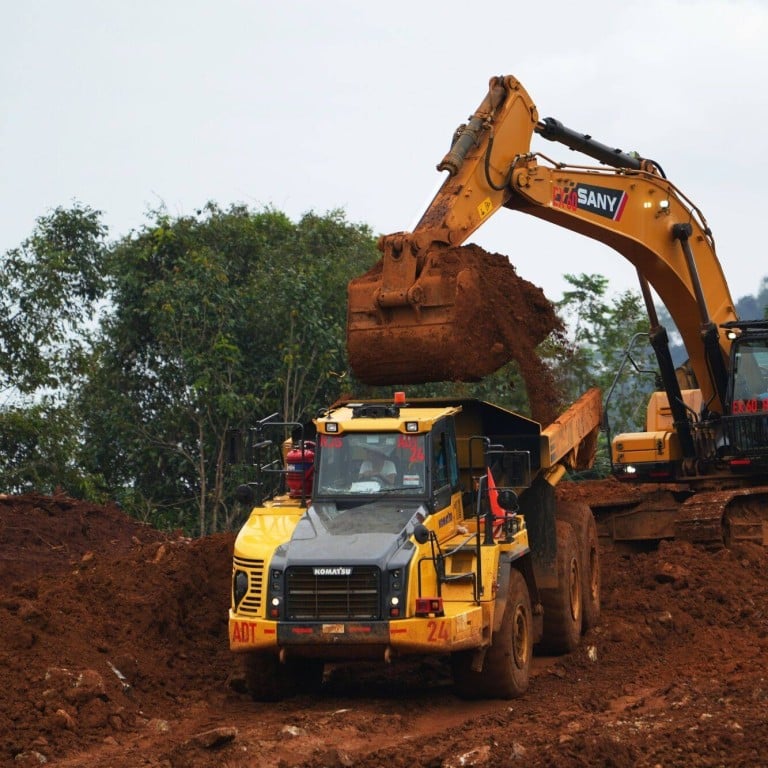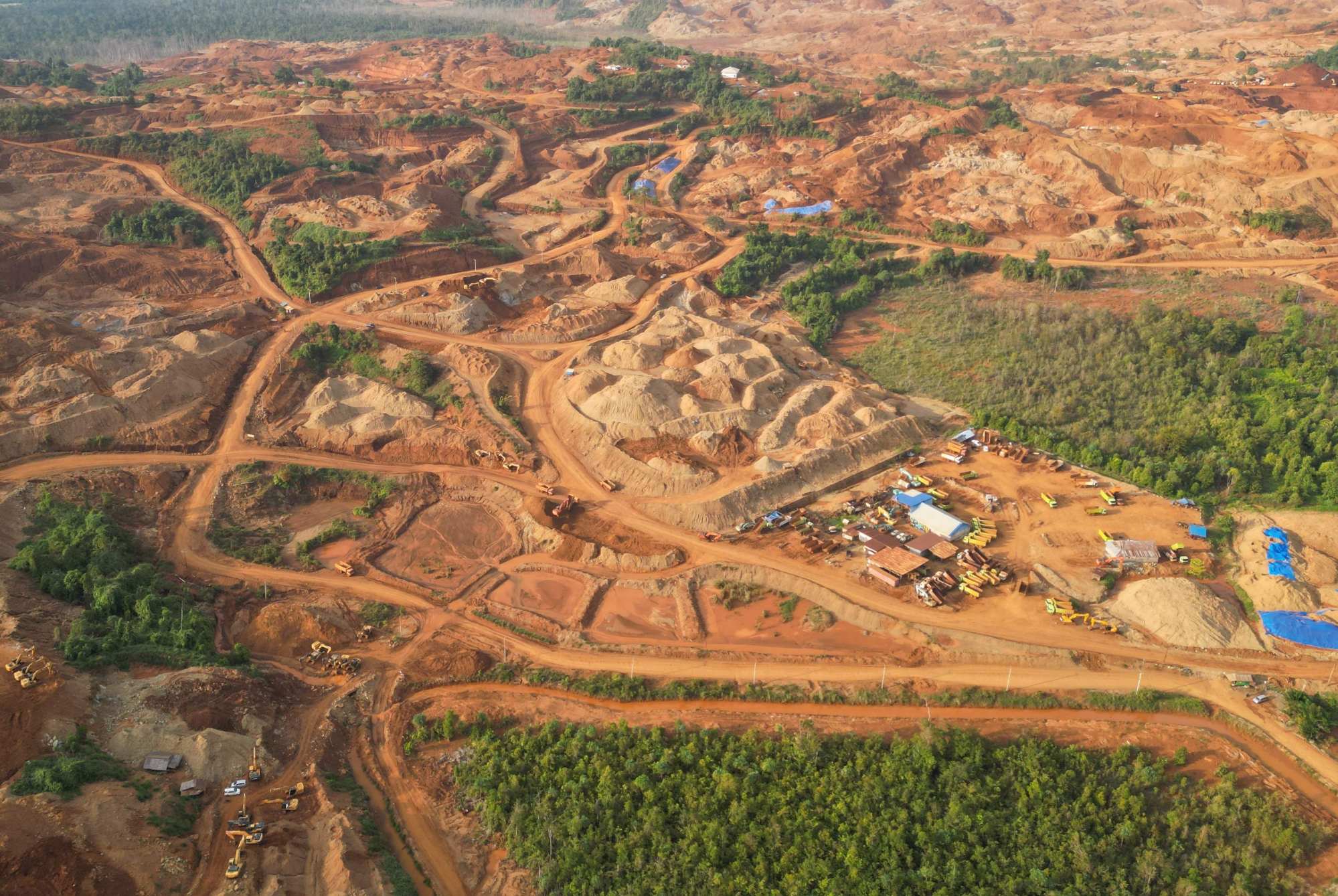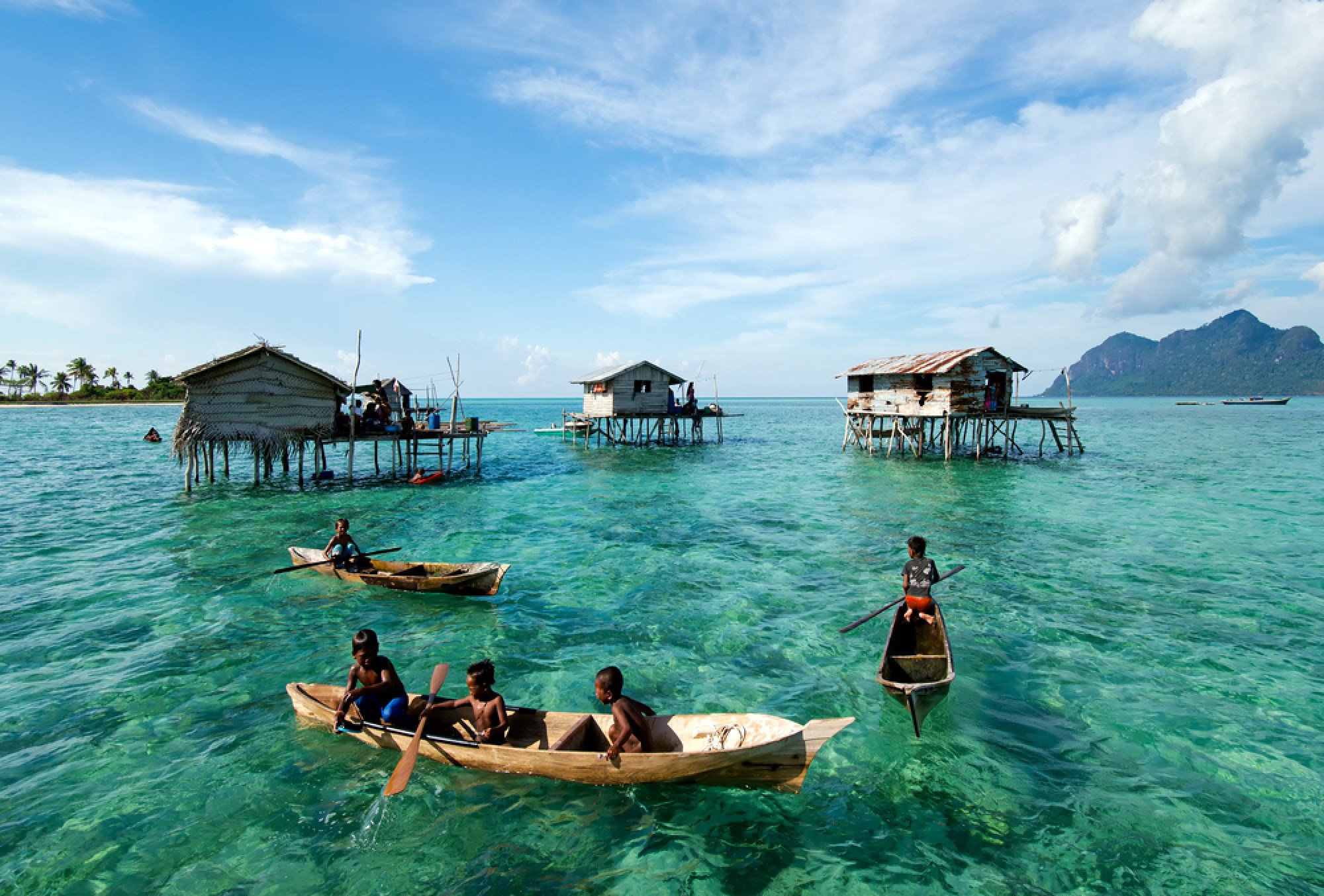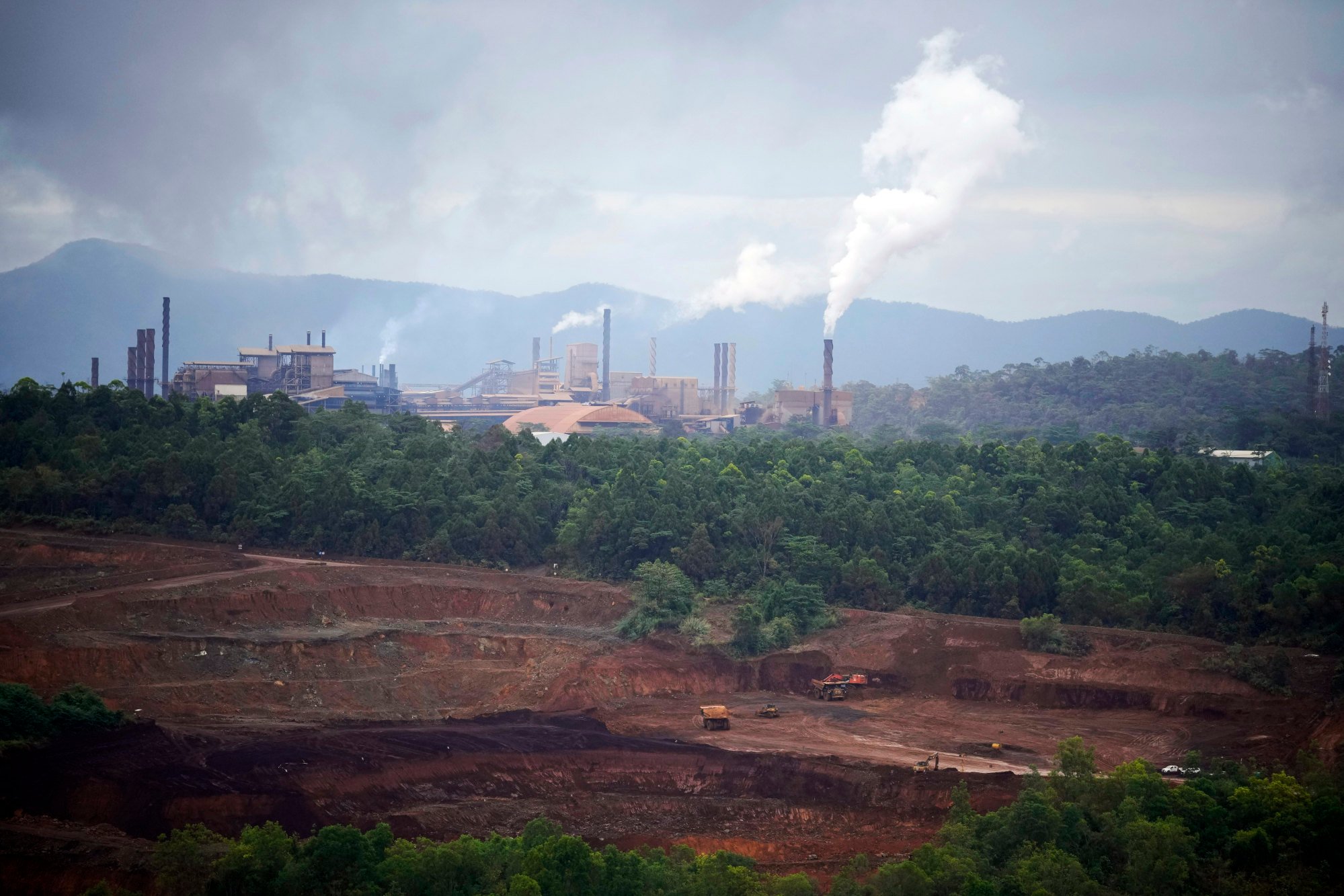
Chinese-linked nickel miners in Indonesia accelerating deforestation, threatening indigenous Bajau people: report
- New report from Mighty Earth claims nickel mining in Sulawesi is causing severe environmental damage and rapid deforestation
- The livelihoods of the indigenous Bajau people, the world’s last ‘sea nomads’, are being endangered by the impact of the mining according to the report
“Nickel mining is dirty, that’s just how it is, but there are ways to do it more responsibly,” said Amanda Hurowitz, senior director of forest commodities at Mighty Earth, the Washington-based global environmental advocacy group that released the report.
“Indonesia has solved seemingly intractable problems like deforestation in the palm oil [industry], I really think Indonesia can also clean up its nickel supply chain, if it has the political will to do so,” Hurowitz said at the report’s launch on Tuesday.
The report estimated that nickel miners have cleared nearly 80,000 hectares of forest in Indonesia as of December, with another 500,000 hectares within the country’s nickel concessions at risk of deforestation.
Last year, nickel miners cleared 6,115 hectares of forest, double the area of forests cleared in 2022 and 2021, indicating that “nickel related deforestation may be accelerating compared to previous years”, the report said, citing data from the watchdog group Radar for Detecting Deforestation.

Mighty Earth urged Indonesia’s incoming president, Prabowo Subianto, to clean up the country’s electric vehicle (EV) supply chain by adopting a set of international standards and enforcing existing forestry laws to its mining partners, including Chinese firms. EV manufacturers should also audit their full supply chains “all the way back to the mines where the nickel in their EV batteries originates”, the group said.
“The first thing to remember is, while China may not be an environment leader, it also doesn’t want to be an environmental laggard. We just have to look at China as a complicated partner, but one that is interested in what the international community thinks,” Hurowitz said during the webinar.
Robert Blake, former US Ambassador to Indonesia and current senior director at trade consultant McLarty Associates, said the Indonesia government “should not be shy about enforcing stronger environmental and labour standards on Chinese projects”.
“China is gradually improving its environmental policies. It’s come under a lot of criticism for supporting fossil fuel development in the Belt and Road Initiative. You’re seeing more support now for renewable energy projects,” Blake said during the webinar.
Indonesia dreams of being a global EV player. It comes at a ‘significant’ cost
“I sometimes worry that our Indonesian friends worry that if they impose environmental and labour standards that the Chinese will go away. The Chinese are not going to go away. They need these projects for their own industries.”
The green EV supply chain would also benefit Indonesia as more investors, particularly from the US and Europe, would look to tap into investing in the country, Blake said.
Toxic impact
The Mighty Earth report documents how illegal deforestation was done to make way for nickel concessions that took place on the small island of Kabaena, off the southern tip of southeast Sulawesi.
It found that at least 17 hectares of areas zoned as Protection Forests, which were established to maintain biodiversity and ecosystems on the island, had been illegally deforested and at least 841 hectares of Production Forest, in which forestry uses are allowed, were lost to miners that did not have permits to clear the land.
In six villages on the island, which is home to the Bajau people, researchers found that “brown cloudy water in the ocean near the villages” forced the tribe to “go much further offshore to reach fishing grounds” and they had to buy more fuel, putting them further in debt.

Last month, a flood occurred in the village after only half an hour of rainfall, which residents attributed to the soil degradation caused by the two nickel mines. Researchers found villagers in Puununu and Baliara suffered from “itchiness, festering and blistering” skin due to muddy water around the island.
“The unchecked deforestation in Indonesia has tragically cost young lives and further threatens the health and well-being of the Bajau people. Our investigation also suggests the clearing may defy the law, imperilling not just people but wildlife that depend on standing forests,” Hurowitz said.
No permits
Among the top 10 nickel mines responsible for deforestation named in the report are Vale Indonesia, whose controlling shareholder is state-owned mining holding company Mind ID; state-owned miner Aneka Tambang; and Bintang Delapan Mineral, which is affiliated with Tsingshan, Chinese stainless steel giant and EV battery materials producer.
The report alleges that large percentages of land area within the three miners’ nickel concessions were classified as “high carbon stock forest,” or intact forest; 85 per cent of the more than 2,700 hectares of forest that Bintang Delapan Mineral cut were supposedly intact forest, for example.
The group argues in the report that BMW, Mercedes-Benz and VW should remove Bintang Delapan Mineral from their supply chains, as “nearly the entire area of the Bintang Delapan Mineral concession falls within [the International Union for Conservation of Nature]-designated Key Biodiversity Area”.
“The EU Battery Regulation requires economic operators to consider taking steps to mitigate biodiversity loss in their supply chains, and to also consider removing from their supply chains companies that do not undertake such mitigating actions,” the report said.

“Unfortunately, several policies advocated by his campaign fail to reflect any intention to lead Indonesia in an order that [promotes] democracy and environmentally friendly policies. The downstreaming [policy] has been proven to have a negative impact on the quality of life and economies of the surrounding communities,” Atina said.

